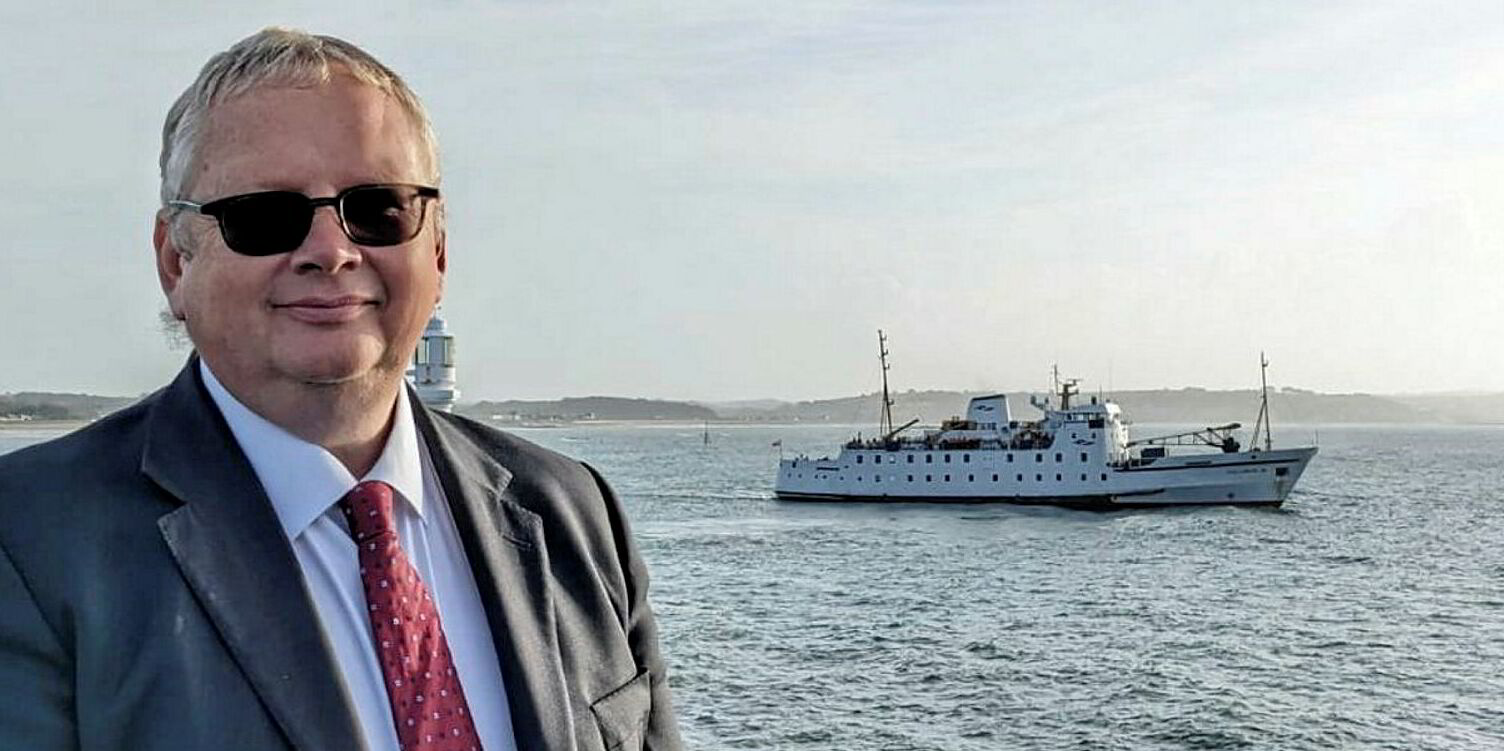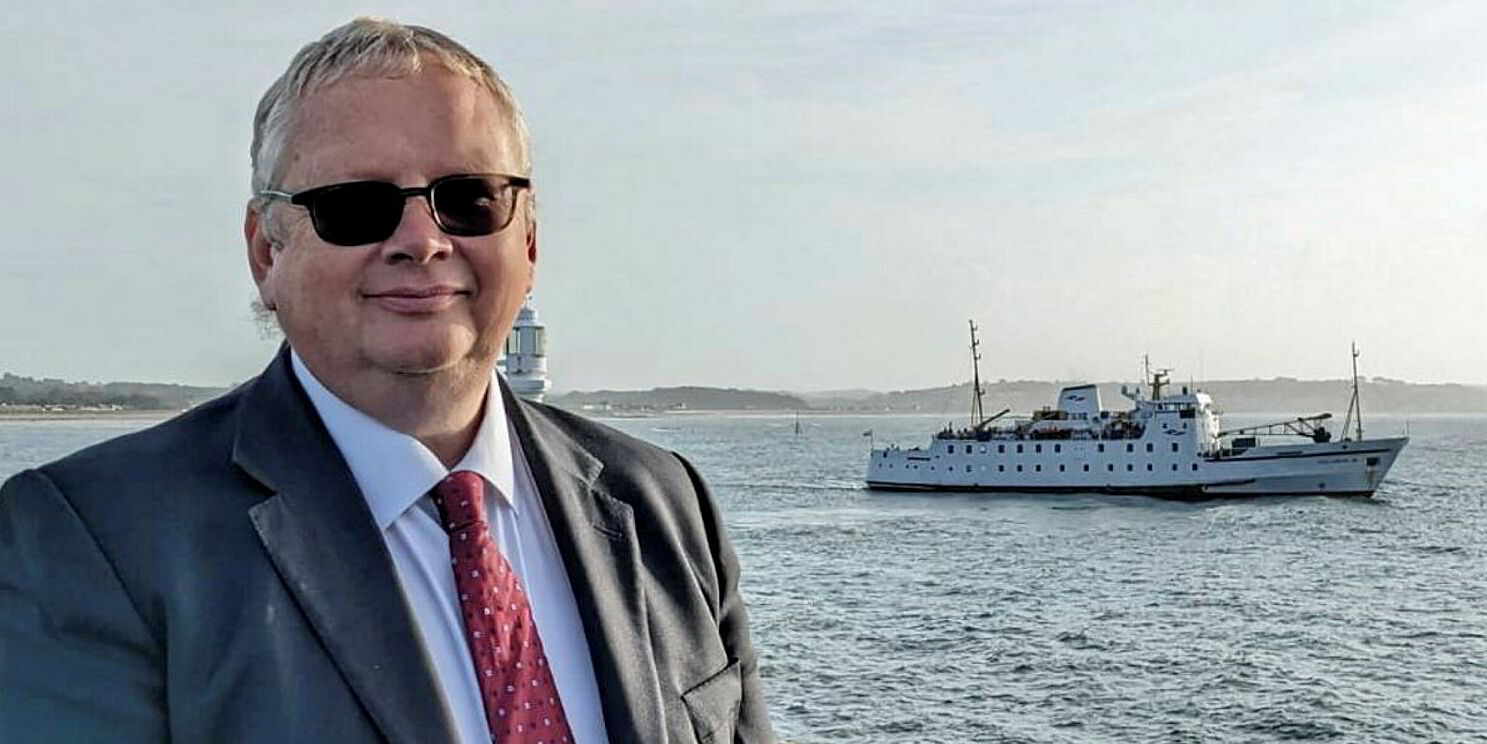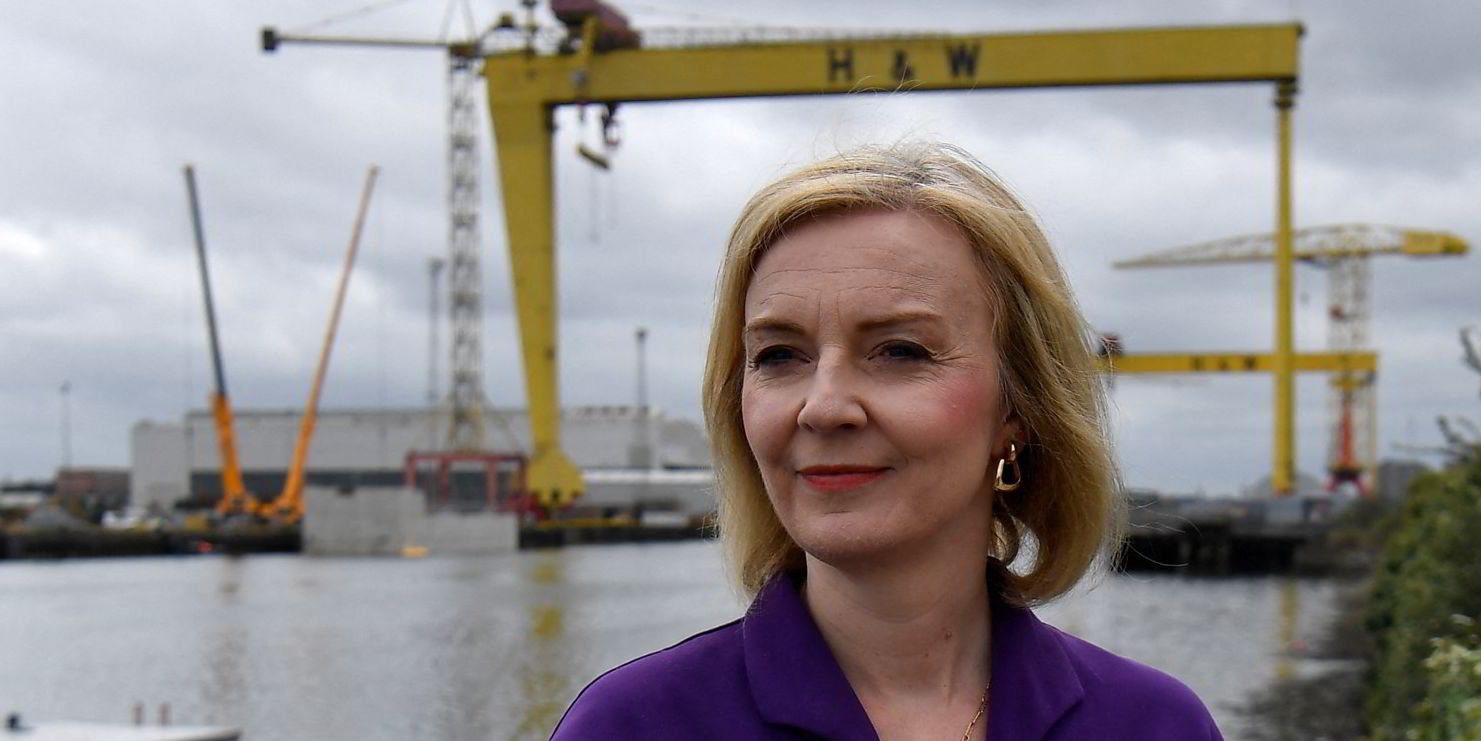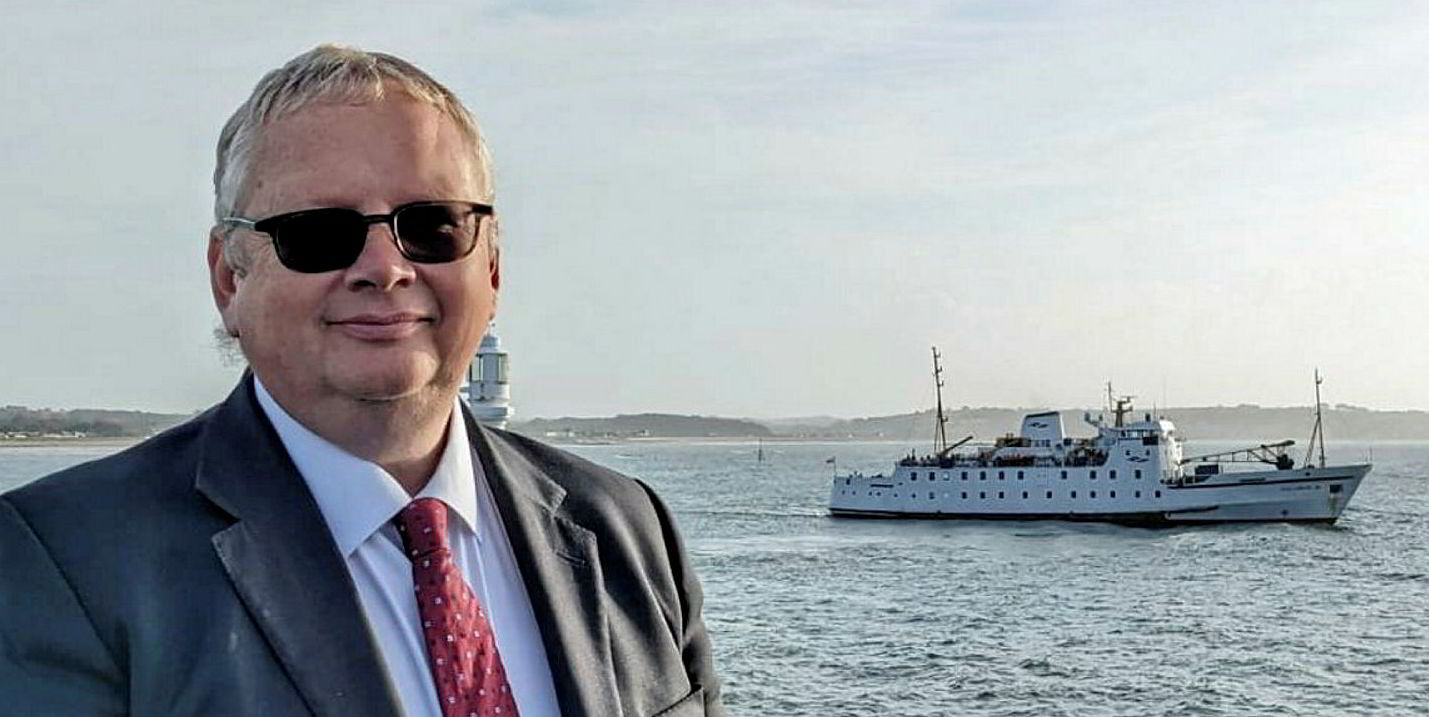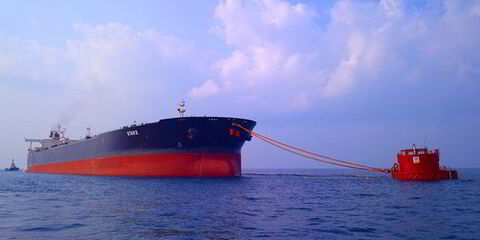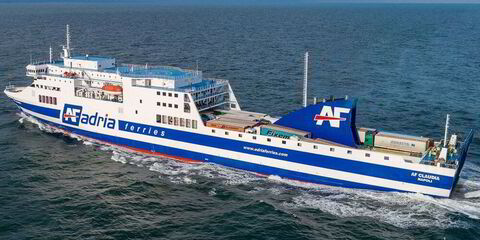The boss of UK shipbuilder Harland & Wolff has resigned after failing to secure financial support from the government.
Harland & Wolff, builder of the Titanic, said that CEO John Wood would be taking a leave of absence with immediate effect.
The Northern Irish company confirmed that it did not get the £200m ($258m) government export development guarantee it was seeking to avoid falling into administration for a second time.
Earlier this month, the shipbuilder was forced to suspend its shares from trading on London’s AIM , as it missed the 30 June deadline to publish its 2023 results.
Harland & Wolff indicated that it has also expedited discussions with Riverstone Credit Management to secure alternative financing, and engaged Rothschild & Co to look at “strategic options”.
“These alternative financing arrangements are expected to close within the next few days,” it added.
However, rumours have emerged that the CEO of a US restructuring investment firm has come forward, claiming he would like to buy the shipyard’s Belfast site.
Michael Flacks, founder of Miami-based Flacks Group, has shown interest in the past in converting the yard into a North Atlantic ship repair business. However, this has yet to materialise. TradeWinds has tried to contact Flacks for comment.
Interim replacement
As an interim replacement for Wood, Harland & Wolff has appointed Russell Downs, a former partner and restructuring expert at accountancy firm PwC, as executive chairman.
“With notable successes returning significant value to stakeholders and securing complex refinancings, he is well placed to lead the board at this time as it seeks to complete a recapitalisation intended to give the company a sustainable financial footing into the medium and long term,” said Harland & Wolff.
Downs said: “I am very pleased to take on this role after a challenging period for the group as it transitions from one leadership team to another and deals with the increasing speculation over its future.
“The great weight of responsibility for all stakeholders involved in the business to secure a long-term future is crystal clear to me and I am enormously honoured to be given the responsibility to find a solution.
“I will be working tirelessly in consultation with employees, management, customers, suppliers, unions, government agencies and other stakeholder groups in the coming weeks.”
Alan Fort is proposed to join the board as a non-executive director, a role he currently holds at steelmaker Celsa UK.
Other board members are set to remain, including Arun Raman as chief financial officer and Malcom Groat as a non-executive director.
Government explanation imminent
UK business secretary Jonathan Reynolds was due to give a written statement to Parliament today, explaining why the government refused to give financial support to the shipbuilder.
Stephen Kelly, from Manufacturing Northern Ireland, told the BBC that the company’s instability probably made the government think: “Do we want to put public money to support it?”
Kelly also admitted that given the new government’s interest in having an industrial strategy for British shipbuilding, “We’d like to see them lean towards this strategy that they indicated they would. And today would be a good day to start.
“Employees will be deeply worried today to ensure that their jobs will continue. But for Northern Ireland in particular, there is a big opportunity that could potentially be lost. I’d like to see shipbuilding returned to Northern Ireland and to Belfast.”
Harland & Wolff employs about 1,500 people, around 600 in Belfast, as well as at two smaller facilities in Scotland and one in England.
In 2023, it was part of a consortium that won a contract to build three Royal Navy support ships.
